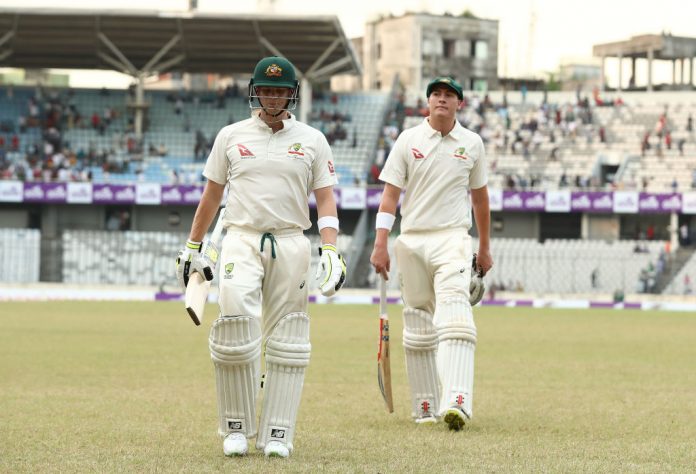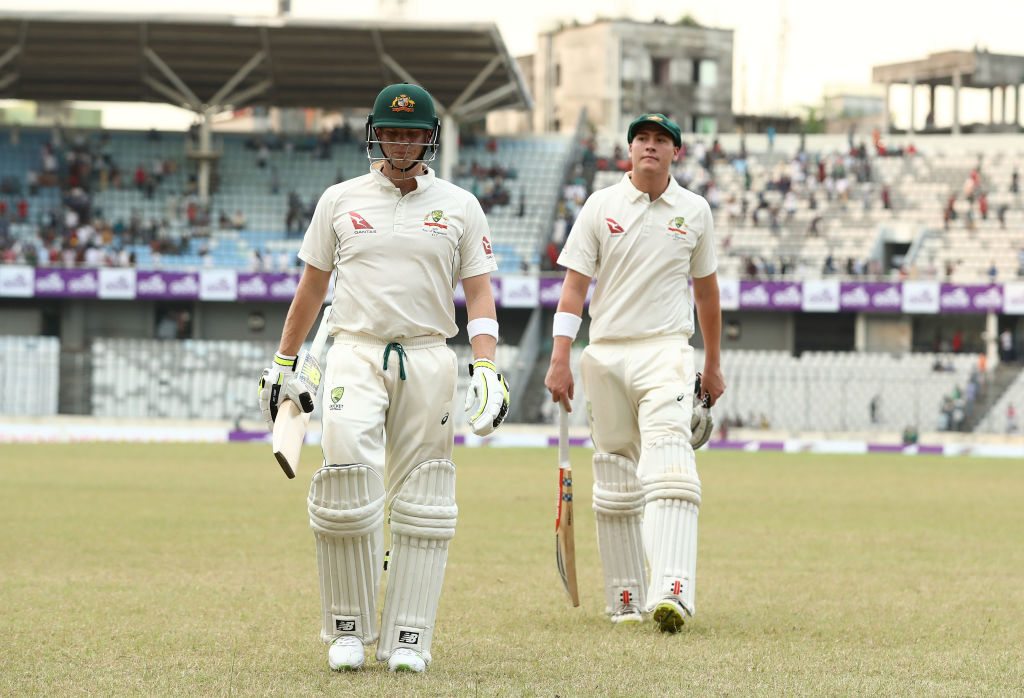

The International Cricket Council (ICC) have announced a new structure to both Test cricket and one-day international cricket for the men's game.
After a meeting in Auckland this week, the ICC confirmed there would be a nine-team Test Championship as well as a 13-team ODI League, which will be introduced from 2019 and 2020 respectively.
In July 2019, the Test Championship will begin when Australia travels to England for the Ashes, and will run for two years, with the final to be played in June 2021.
Nine of the 12 Test nations will play in the Championship (Ireland, Afghanistan and Zimbabwe all miss out), and will play six series' over two years.
Each series will consist of between two to five Tests, although each series will have the same number of points on offer regardless of the length of the series.
In May 2020, the ODI League will kick-off, with the 12 Test playing nations to be joined by the winner of the ICC World Cricket League Championship.
Each country will play eight series' (four home and four away), with every series to be made up of three one-day internationals.
"This is a significant point in time for ICC members and our collective desire to secure a vibrant future for international bilateral cricket," ICC chief executive Dave Richardson said in an ICC statement.
"The approval of both leagues is the conclusion of two years of work from the members who have explored a whole range of options to bring context to every game.
"The ICC Board decision today means we can now go and finalise a playing schedule for the first edition as well as the points system, hosting arrangements and competition terms."
As well as those changes, the ICC have also allowed for international boards to schedule four-day Tests outside of the new Championship structure, which will allow for the new Test playing nations to "close the gap" between themselves and the world's best.
South Africa and Zimbabwe have already taken the opportunity, and have proposed a four-day Test in December this year.
"Our priority was to develop an international cricket structure that gave context and meaning across international cricket and particularly in the Test arena," Richardson said.
"This has been delivered and every Test in the new league will be a five-day Test format.
“However throughout the discussions about the future of Test cricket it became clear that whilst context is crucial we must also consider alternatives and trial initiatives that may support the future viability of Test cricket.
"The trial is exactly that, a trial, just in the same way day-night Tests and technology have been trialled by Members.
"Four-day Tests will also provide the new Test-playing countries with more opportunities to play the longer version of the game against more experienced opponents, which, in turn, will help them to hone their skills and close the gap with the top nine ranked teams."





